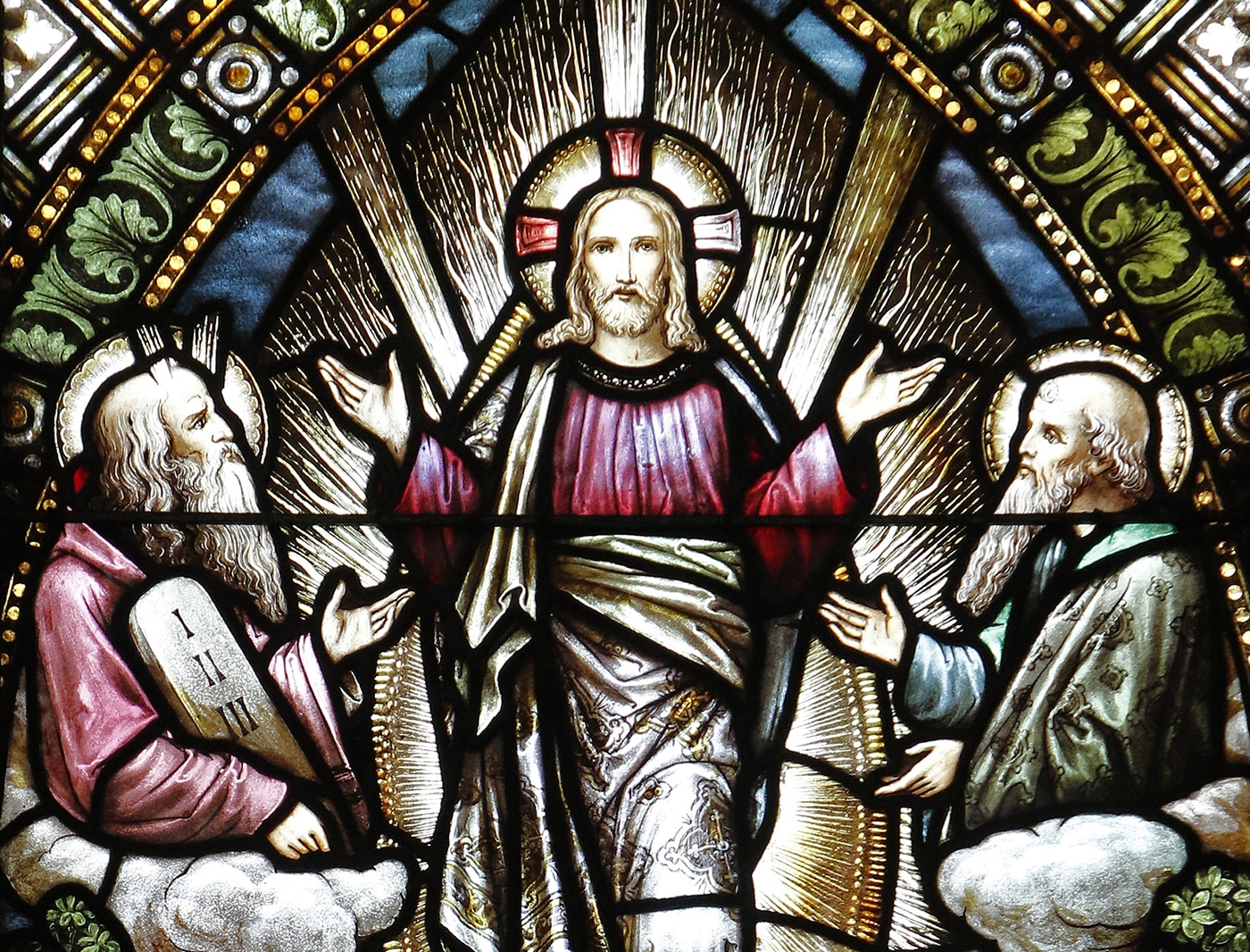The readings for this Sunday focus on Christ, the “beloved Son,” and his sacrifice of love. During this season of Lent, the readings also invite us into Christ’s “way” of sacrificial love. Let us look at the readings to hear and respond to Christ’s invitation.
We begin with Abraham in Genesis. Abraham was called by God to “walk before” the Lord and to be “whole-hearted” (cf. Gn 17, RSV). In return, God would make Abraham “fruitful.” Indeed, God would make Abraham a father of nations; God would make Abraham’s name “great.” Yet this very promise might make us wonder if Abraham would be “whole-hearted,” or if the promise of greatness would divide his heart.
Making good on his promise, God gifts Isaac to Abraham and Sarah. Isaac is Abraham’s only son born of his wife Sarah. Born in their old age (Sarah is 90!), Isaac’s annunciation was received with laughter (cf. Gn 21).
But this Sunday, we enter into the story at a more sober moment in Genesis 22. Here God is asking for the sacrifice of Isaac. Or so it seems! There is a keyword lost in our English translation. Our English text reads: “Then God said: ‘Take your son Isaac, your only son, whom you love …'”
But the Hebrew text has one additional word that makes a big difference. The Hebrew text would read: “Then God said: ‘Please, take your son, Isaac, your only son, whom you love …'”
| February 25 – Second Sunday of Lent |
|---|
|
Gn 22:1-2, 9, 10-13, 15-18 Ps 116:10, 15, 16-17, 18-19 Rom 8:31-34 Mk 9:2-10 |
The word “please” changes the tone of this story. The story rests on Abraham’s “wholeheartedness.” (Thanks to Leon Kass and his book, “The Beginning of Wisdom,” University of Chicago Press, $28, for this insight.)
Abraham is asked to take Isaac up Mount Moriah to offer a “holocaust” — to offer, that is, a whole, burnt offering. Isaac, therefore, is to be offered wholly and entirely to God. Abraham cannot cling to his fatherhood or any desire within his heart for greatness. If Abraham is “wholehearted” toward God, Abraham must offer everything to God. And in offering Isaac, Abraham necessarily offers himself: “Abraham” literally means the “father of a multitude,” of a great nation. The holocaust is complete as Abraham and Isaac are both offered, the father with his beloved son.
Transfiguration
In the Gospel reading for this Sunday, it is Christ who is the beloved Son. He takes Peter, James and John up a high mountain. There, in a story quite different from that of Abraham in Genesis, Christ is transfigured before the eyes of his three disciples. His clothes became dazzling white, such as no fuller on earth could bleach them.
But this dazzling display is a foreshadowing of this beloved Son’s “holocaust,” of his “sacrifice of thanksgiving,” whole and entire. The Transfiguration provides a vision of God’s glorious revelation of love. This vision is gifted to Peter, James and John as preparation for Christ’s death and resurrection. Christ, we all learn, will offer everything to the Father for us.
And so the invitation comes: this Lent can we become so “whole-hearted” before God? Can we offer everything to God, even our whole identity, such that we become nothing but beloved sons and daughters of God?
Like Abraham and Isaac, we can set out along God’s “Way” of sacrificial love: please … offer … up a holocaust. Because, if we can follow this way, perhaps we will be prepared to behold the dazzling reality of God’s own love through his beloved Son, just as Peter, James and John experienced it.
Indeed, we can offer our positive response to God’s invitation when voicing the responsorial Psalm this Sunday: O LORD, I am your servant; / I am your servant, the son [or daughter] of your handmaid; / you have loosed my bonds. / To you will I offer sacrifice of thanksgiving, / and I will call upon the name of the LORD.





